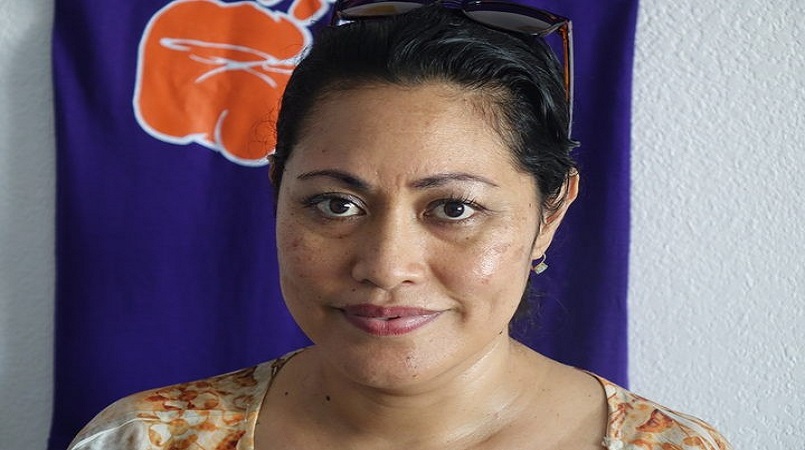
‘Let Girls Be Girls’ campaign in Tonga has received a positive response says founder of Talitha Project founder Vanessa Heleta.
The campaign is aimed at lobbying for the repealing of the Births, Deaths and Marriage Registration Act 1926 which states that children from ages 15-17 years be allowed to marry with parental consent.
Heleta says the launch of the campaign has sparked a discussion in every household in Tonga.
“We have started our outreach on the campaign to the community and 99% have supported the campaign,” she said.
Heleta says Talitha Project is spearheading this campaign because it’s within Talitha’s mandate and it is time for these issues to be addressed.
“I believe it’s taken a while for this to be noticed (the under-age marriages) because for a time it had been largely accepted.”
“But given the way these marriages unravel through divorce, domestic violence and other factors, we can no longer remain silent,” she said.
Heleta says mostly it is the cultural factors that result in these marriages and parents put pressure on these (under-age) marriages.
“These marriages are often forced due to pregnancy, rape or any form of misconduct that can be masked or hidden by the exchange of wedding vows.”
“It goes without saying that a lot of parents coerce these forms of marriages for personal gain, whether it be social status or wealth,” she added.
The Talitha Project holds educational programmes that equip young women and girls to be the best that they can be.
The programmes help girls explore their options and make them aware of their rights.
“We empower them through programmes that enhance their capabilities and opportunities to grow and lead,” said Heleta.
She says the factors that lead to child marriages in Tonga are mostly teenage pregnancy, rape and parents finding out about their children engaging in premarital sex.
“A lot of child marriages are forced marriage. Forced marriage places women and girls at risk of emotional, physical and sexual abuse, forced pregnancy, domestic servitude, restrictions of movement and autonomy and lack of access to education,” she said.
With 56 child marriages in 2015 and 52 in 2016, Heleta says the state has a legal obligation and moral obligation to protect the rights of every child in Tonga.
“Every girl and every boy have the fundamental human rights to be allowed to develop themselves intellectually, socially, physically and spiritually.”
“The fact that there is legislation in place that poses a threat to this development is very unacceptable,” she said
“Children should be allowed the chance to fulfill their potential even if they’ve fallen through the threshold of pregnancy and/or severe sexual harassment.”
Heleta says development as human beings supersedes all else, especially in the case of young girls.
“We want the parents of the next generation to be productive, informed, educated and enlightened people. Forcing them to marry is a serious undoing of that notion,” she said.
Heleta said parents should be more focused on their child’s education and development and church should develop more positive parenting education programs and also programs for youth on sexual reproductive health issues.
